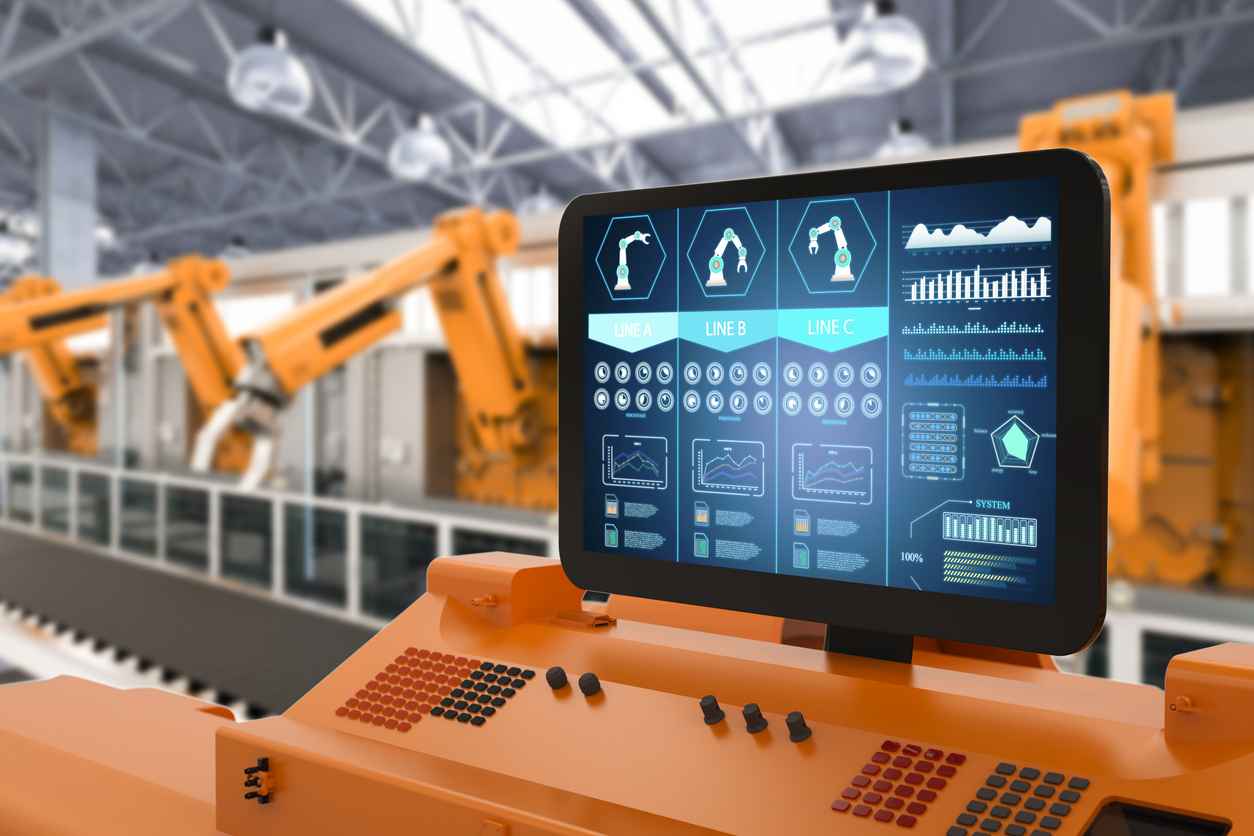
Ensuring Pixel Perfection: The Importance of Pixel Screening
September 27, 2023
Pixel Screening: The Key to Crystal-Clear Displays
In today’s technology-driven world, displays have become an integral part of our daily lives, from the screens on our smartphones and tablets to the monitors in our offices and homes. Whether you’re designing a high-resolution smartphone display or a large-format digital signage solution, achieving pixel perfection is essential. This is where pixel screening comes into play.
In this blog, the Fortec US team explores the significance of pixel screening in display technology and how it contributes to delivering the best visual experience.
Understanding Pixel Screening: What is Pixel Screening?
Pixel screening, also known as pixel inspection or pixel verification, is a critical quality control process in the manufacturing of display panels. It involves the meticulous examination of individual pixels to ensure they meet specific quality standards. Each pixel on a display contributes to the overall image quality and, as a result, must meet strict criteria for brightness, color accuracy, and uniformity.
The Importance of Pixel Screening
- Image Quality: Pixel perfection directly impacts image quality. Any defective or non-uniform pixels can result in visual artifacts such as dead pixels, stuck pixels, or color inconsistencies. These imperfections can be distracting and diminish the overall viewing experience.
- Consistency: Pixel screening ensures that every pixel on a display panel performs consistently. Consistency is vital, especially in applications where multiple displays are used together, like video walls or multi-monitor setups. Mismatched pixels can disrupt the uniformity of the content displayed.
- Customer Satisfaction: For manufacturers and end-users alike, customer satisfaction is paramount. Displays with pixel defects can lead to product returns, warranty claims, and negative reviews. Ensuring pixel perfection helps build trust and enhances the reputation of display manufacturers.
- Reliability: Displays used in critical applications, such as medical imaging or aerospace, must be reliable. Pixel screening helps identify and rectify issues early in the manufacturing process, reducing the likelihood of failures in the field.
The Pixel Screening Process
Pixel screening involves a series of tests and inspections to evaluate each pixel’s performance. These tests include:
- Brightness and luminance checks: Ensuring that pixels emit the correct level of brightness to produce vibrant and uniform images.
- Color accuracy: Verifying that each pixel displays colors accurately and consistently across the entire display.
- Uniformity testing: Identifying any deviations in brightness or color across the screen, ensuring a seamless viewing experience.
- Dead pixel detection: Detecting and addressing any dead or stuck pixels that may be present on the display.
Contact Us Today to Learn More About Our Custom Digital Screen Solutions!
As the global leader in optical bonding, Fortec US supports you in all project phases – from the construction of the metal housing and procurement of specific parts to the in-house development of controller boards and touchscreen integration. In need of a product, part, or have a project in mind? Contact us today at (631) 580-4360 or on our website for more information.

The Benefits of Touchscreen Integrated Displays
December 8, 2025

Why Retailers Need Stronger Cybersecurity Strategies During the Holidays
December 5, 2025

Staying Safe This Season: Cybersecurity Tips for Online Shoppers
December 2, 2025

What Makes a Display Industrial Grade?
November 6, 2025

How Display Technology is Shaping the Future of Communication
November 5, 2025

How Prisma TFT Controllers Simplify Display Integration
October 28, 2025


